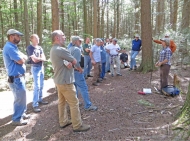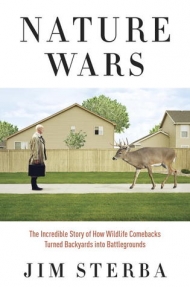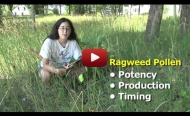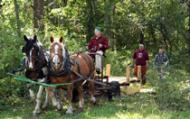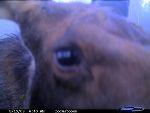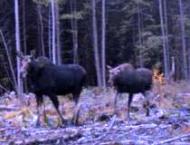We are pleased to announce the Harvard Forest Charles Bullard Fellows for 2020-2021. The mission of the Bullard Fellowship Program is to support advanced research and study by individuals who show promise of making an important contribution--either as scholars or administrators--to forestry and forest-related subjects, from biology to earth sciences, economics, politics, law, and the arts and humanities.

